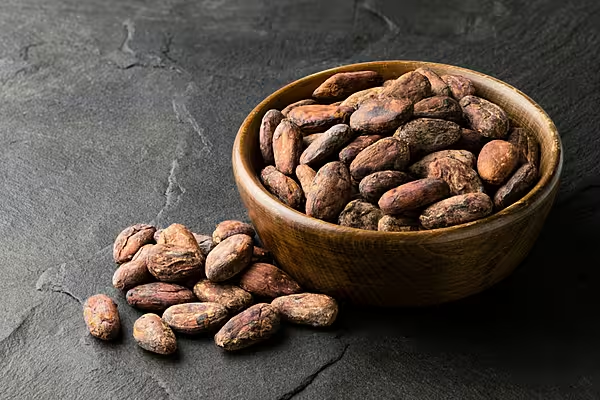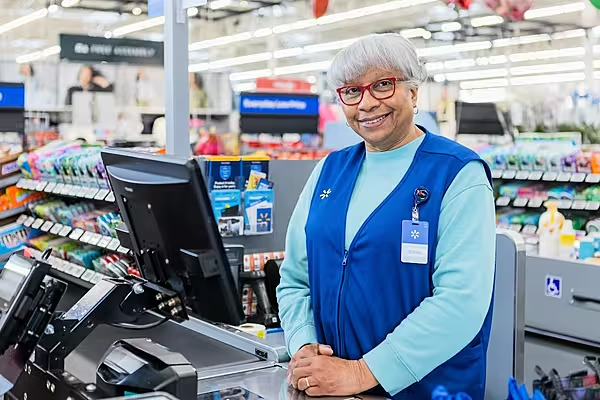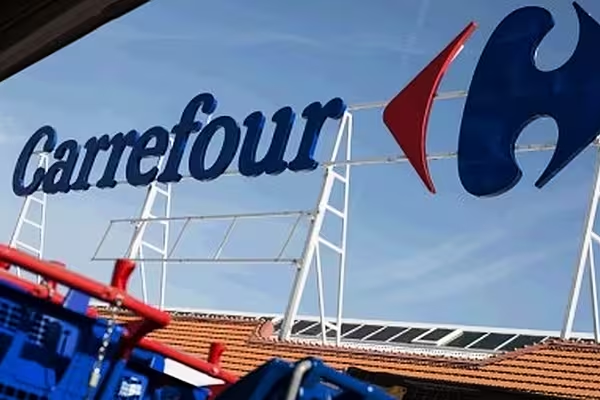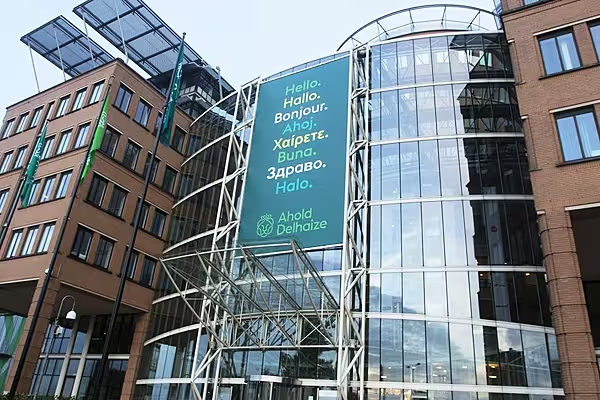Swiss chocolate maker Barry Callebaut and Singapore-based food group Olam have been buying fewer cocoa beans from Ivory Coast since mid-December after a rise in port prices at Abidjan and San Pedro, industry sources said.
Seven cocoa buyers based in the regions of Soubre, San Pedro, Duékoué and Meagui told Reuters they are charging exporters, including smaller operators, more than an official cap in order to benefit from a rise in global cocoa prices towards record levels.
"We have had to slow down our cocoa purchases in the bush since mid-December because of price inflation at the ports," said one Barry Callebaut manager who did not wish to be named.
Overpaying Suppliers
The sources said the companies exporting from top cocoa grower Ivory Coast were overpaying suppliers where necessary to meet their targets because production for the 2024/25 season has been lower than forecast.
The Barry Callebaut manager said cocoa suppliers at ports had been asking between 2,230 and 2,250 CFA francs ($3.55) per kilogram of cocoa. The price is officially capped at 1,930 CFA francs/kg by Ivory Coast's Coffee and Cocoa Council (CCC) regulator.
A manager at Olam said the company had been forced to reduce cocoa purchases despite high demand for beans and low global supply due to adverse weather.
"We need cocoa, but not at this price," the Olam manager said.
Barry Callebaut and Olam did not immediately respond to requests for comment.
Cocoa Bean Stockpiles
The cocoa buyers said they deliberately stockpiled beans for longer than the 15-day limit imposed by the CCC, creating an artificial shortage that pushed exporters to accept higher prices.
Although the CCC forbids overpayment, it is common given the competition to obtain cocoa.
"It is the only way to make more money with exporters when the world market is on the rise and there isn't enough cocoa for everyone," said a major buyer based in San Pedro.
He said he did not deliver cocoa beans to port for less than 2,230 CFA francs/kg.
The higher port prices are also putting small exporters at risk of missing their purchasing targets.
"There isn't enough volume for everyone. Production is down and all the cocoa is going to a few companies, so the risk of default is much greater for companies like ours," one such exporter said, calling on the CCC to intervene.














